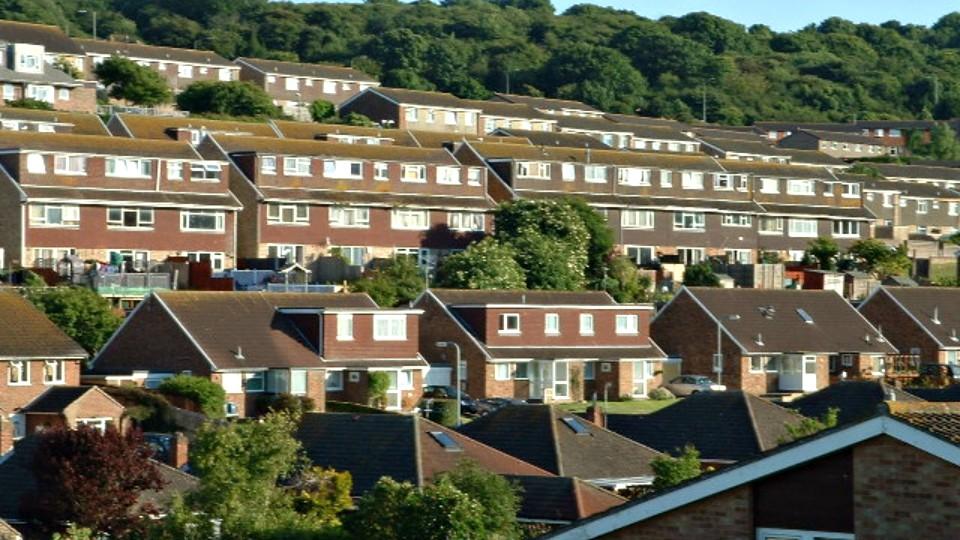Study reveals LGBTQ* social housing safety fears
Primary page content
Researchers from Goldsmiths, University of London and the University of Surrey have found that more than a third of LGBTQ* people living in social housing do not feel safe at home.

Social housing
Paul Stoneman, a Lecturer in Sociology at Goldsmiths, worked on the project which was led by Dr Andrew King from the University of Surrey.
In the largest study of its kind in the UK - commissioned by HouseProud (an LGBTQ* network for those working in the housing sector) and funded by six housing associations - a series of interviews, focus groups and surveys were conducted with over 260 LGBTQ* people living in social housing.
One of the issues raised by the study was harrassment and how it was dealt with by housing providers.
It found that 34% of LGBTQ* people felt that housing providers do not deal effectively with complaints about harassment and some reported that their complaints were not taken seriously or were investigated very slowly.
Asked why they thought this might be, participants believed a lack of understanding of the LGBTQ* community and a high turnover and shortage of training for staff were to blame.
Many participants were concerned about inviting people into their home whom they didn't know, with 25% reporting feeling uneasy with their landlord entering their property.
A significant number also reported changing their home to conceal their gender identity or sexuality before people enter, for example moving pictures, books or DVDs. Researchers found that this was more common amongst gay men, with 20% indicating that they did this ‘always’ or ‘most of the time’ when being visited by their landlord or a repairs person.
However, participants did report positive practices by housing providers in engaging with their LGBTQ* tenants. Examples of good practice include some landlords actively listening and putting residents in contact with appropriate support services or organisations.
Employing a social inclusion officer or LGBTQ* specific support officer who can listen and act on concerns of residents and creating a LGBTQ* tenant forum that enables them to feedback on policy were also viewed as positive steps in engaging with the community.
Paul Stoneman said: "It is sacrosanct that a safe home and feeling a part of a community are essential for peoples' wellbeing and happiness. However, we are only just beginning to understand the more hidden complexities and pressures faced by the LGBTQ* community when dealing with other residents, landlords and trade and service people who might need access to their home. This project represents our first steps in better understanding these complexities and pressures for those LGBTQ* people who reside in social housing."
Dr Andrew King said: "Despite changes in equality laws, it is disappointing and worrying that in 2018 a significant number of social housing tenants still feel unsafe and experience harassment in their own neighbourhoods. What we have seen is that many feel that their concerns and complaints are not being given proper attention by housing providers.
"To help address this, social housing providers need to improve the lines of communication between staff and residents, and develop supportive procedures to deal with complaints of abuse and harassment. Housing providers also need to be more openly LGBTQ* supportive, train their staff on a regular basis and, as some people we interviewed would put it, 'go above and beyond' the basic requirements of equality legislation. LGTBQ* social housing tenants need to know they are valued and treated fairly and with respect."
This story is based on an original press release from the University of Surrey.